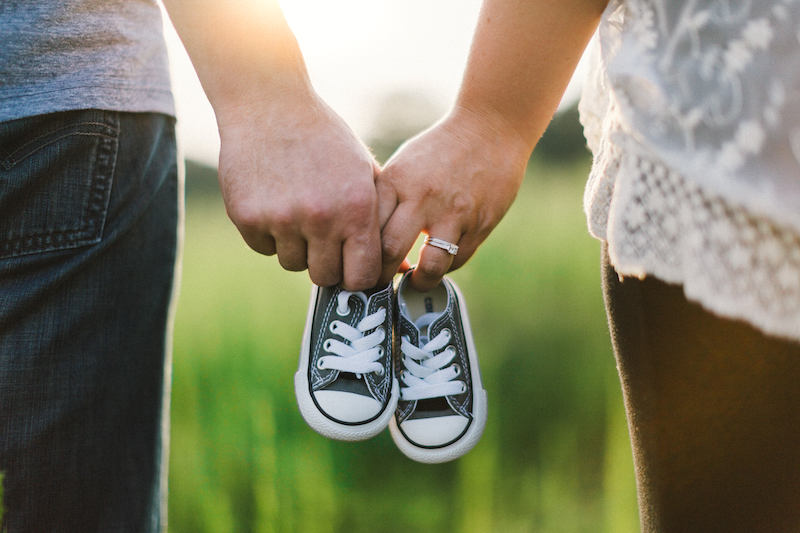
Your Pregnancy and Dental Care
April 29, 2017Many women aren’t aware that teeth need a little extra attention during pregnancy. The physical changes caused by pregnancy can result in changes in your gums and teeth.
In this post we’ll review common questions and issues, in addition to brushing up on a few basic facts.
Is it Okay to Go to the Dentist?
Routine dental visits for a cleaning are completely safe and encouraged during your pregnancy.
First inform your dental office that you are pregnant while making your appointment. Then, during the pregnancy if there are any further changes to your health – such as being identified as a high risk pregnancy or the addition of medication – alert your dentist. If your dentist identifies a dental issue and further treatment is necessary, it may be postponed until after your delivery.
Morning Sickness
If you suffer from morning sickness during your pregnancy, be aware that stomach acid can destroy tooth enamel. Counteract this by rinsing your mouth well with water after vomiting.
Although it’s tempting to brush your teeth immediately after a bout, try waiting 30 minutes to give the enamel time to recover. Rub a little fluoride toothpaste on your teeth with your finger to freshen your breath in the meantime.
Some women find that even brushing causes the gag reflex. If this happens, try switching to a smaller, soft kid’s toothbrush along with a bland toothpaste. Brushing at different times of the day may also help.
Pregnancy Gingivitis
During pregnancy some women may be prone to red, tender, sore gums. This is a mild form of gum disease that is called pregnancy gingivitis. It can be prevented by very good oral hygiene – including brushing well twice per day and flossing at least once – and potentially using a mouth rinse.
If you notice any changes in your mouth during pregnancy, call your dental office. Gingivitis is usually seen in the front of the mouth.
You may require more frequent cleanings to help control the condition, which usually tapers off after birth. Speak with your dentist about what he or she recommends. If gingivitis is not treated, it may lead to the premature birth of your baby or more serious gum disease in the long run.
Snacks & Nutrition
Did you know that your baby’s teeth begin their development between the third and sixth months? Throughout your pregnancy, your growing baby needs sufficient nutrients like calcium, protein, phosphorus and vitamin D in order to develop properly.
Sometimes during pregnancy your appetite increases along with your interest in certain foods. If your cravings centre around sugar or starchy foods, beware that these types of foods paired with frequent snacking can lead to tooth decay. If you do turn to sweets, be sure to brush your teeth afterwards. You can also rinse your mouth with mouthwash or water.
Water is a good choice if you aren’t near a toothbrush—so is toothfloss. Rinse and floss to help remove sugar, plaque and bacteria from all the crevices where cavities love to form.
Are X-Rays Safe?
If you have a dental emergency or require further investigation with a dental problem, a diagnostic X-ray may be needed. In recent years, dental X-rays have been generally deemed safe during pregnancy.
Sullivan Heights Dental utilizes a safer option than conventional radiology: digital X-ray technology. Digital X-rays greatly reduce the radiation required to produce the same high-quality image, and is more environmentally friendly, putting your mind at ease if X-rays are required during pregnancy.







